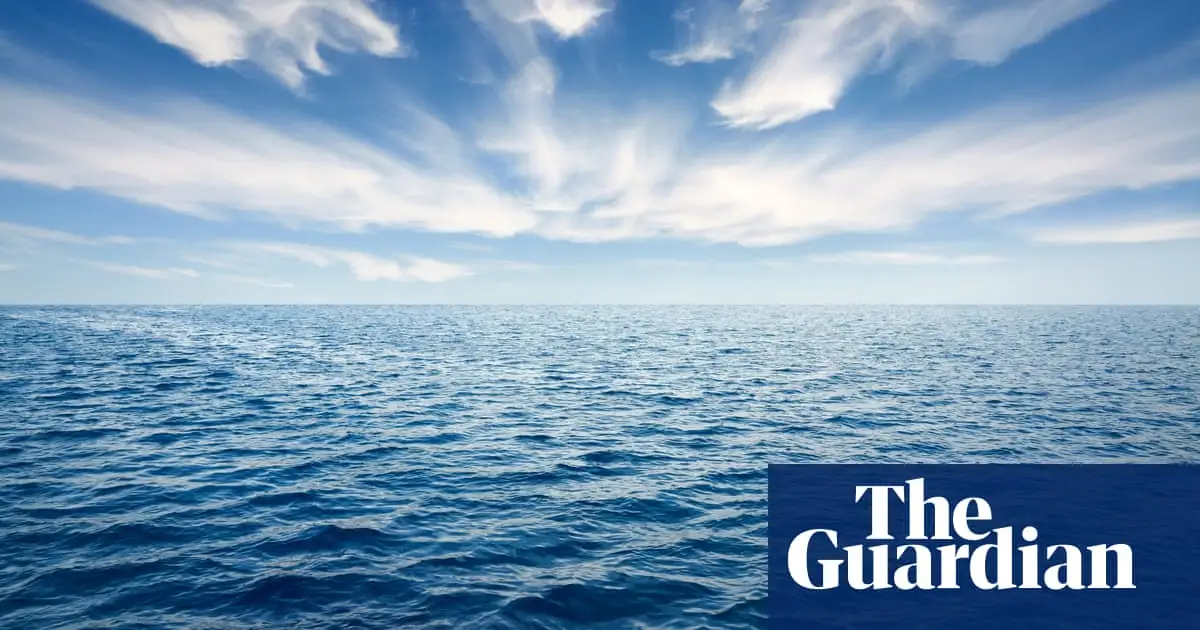Oceans face ‘triple threat’ of extreme heat, oxygen loss and acidification
Oceans face ‘triple threat’ of extreme heat, oxygen loss and acidification

Third of world’s ocean surface particularly vulnerable to threats driven by burning fossil fuel and deforestation, new research finds

Third of world’s ocean surface particularly vulnerable to threats driven by burning fossil fuel and deforestation, new research finds
The world’s oceans are facing a “triple threat” of extreme heating, a loss of oxygen and acidification, with extreme conditions becoming far more intense in recent decades and placing enormous stress upon the planet’s panoply of marine life, new research has found.
About a fifth of the world’s ocean surface is particularly vulnerable to the three threats hitting at once, spurred by human activity such as the burning of fossil fuels and deforestation, the study found. In the top 300 meters of affected ocean, these compound events now last three times longer and are six times more intense than they were in the early 1960s, the research states.
The study’s lead author warned that the world’s oceans were already being pushed into an extreme new state because of the climate crisis. “The impacts of this have already been seen and felt,” said Joel Wong, a researcher at ETH Zurich, who cited the well-known example of the heat “blob” that has caused the die-off of marine life in the Pacific Ocean. “Intense extreme events like these are likely to happen again in the future and will disrupt marine ecosystems and fisheries around the world,” he added.
